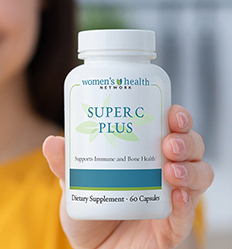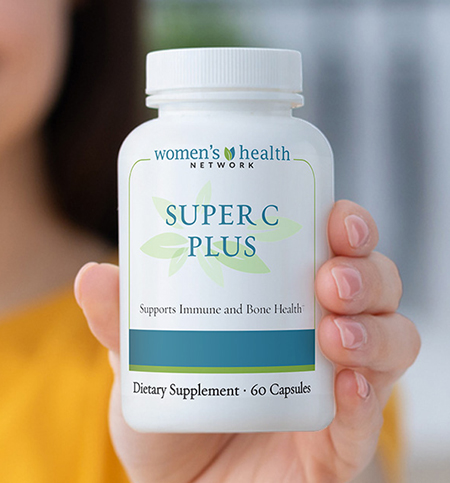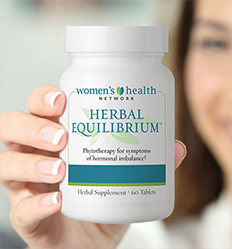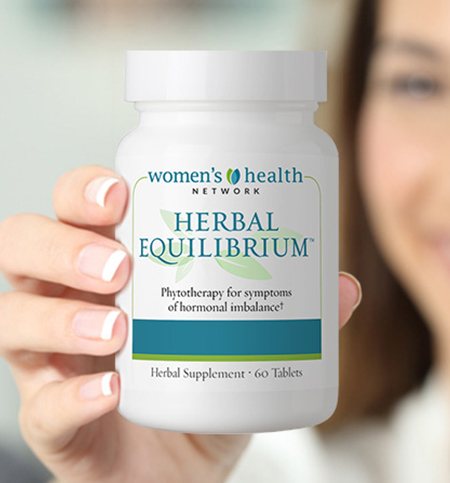Reviewed by Dr. Mary James, ND
Feeling great about the way you look in menopause is a big part of staying healthy and positive going forward. Some of the top complaints about appearance in menopause are:
- Dry, wrinkly skin
- Thin hair or hair loss
- Brittle, peeling fingernails
- Weight gain
These discouraging symptoms erode your self-confidence during perimenopause and affect how you feel about your body. When you focus on resolving the root causes for changes like these, you’re much more likely to experience a visible difference in how you look in menopause.

True beauty and radiance come when you’re healthy on the inside. And we can help you get there with these tried and true tips for looking great in menopause.
Why your skin changes in menopause
Hormonal imbalances that occur during perimenopause can result in flaky, dry, itchy skin just as wrinkles are becoming more prevalent. Unstable oxygen molecules, or free radicals, roam around the body searching for stability. They often steal electrons from healthy molecules, which promotes premature aging.
What to do about it: What you eat has a direct impact on your skin. A skin-healthy diet can make a dramatic and swift difference in your skin’s appearance, particularly if you choose antioxidant-rich foods. When antioxidants pair off with free radicals to neutralize them it can prevent or slow skin damage. Eat fruits and vegetables (organic if possible) like citrus, berries, kiwi, yellow bell peppers, leafy greens like kale and carrots. Try our Super C Plus for its extra Vitamin C, lycopene and curcumin that supports youthful collagen formation and helps sweep up skin-aging free radicals. Drink green tea with its antioxidants and helpful phytochemicals that can make skin smoother. Get healthy fats from fish, nuts (like walnuts) and olive oil. Since lean protein is a major building block of collagen and elastin tissue, have some at every meal.
How menopause can alter your hair
Hair loss and thinning hair during menopause are extremely distressing though many women experience them as symptoms. Hair loss can be caused by an imbalance between testosterone and estrogen. When hormones fluctuate as perimenopause continues, estrogen can become too low in relation to testosterone. In addition, common nutrient deficiencies, especially in vitamins C, B, D and E, can play a large role in hair loss or thinning.
What to do about it: Since overall estrogen will be declining during menopause, your first move should be toward helping your body balance its hormones to bring net testosterone down. You can help restore good hormonal balance with a combination approach of eating right, having a healthy lifestyle and adding targeted herbs. Try black cohosh, red clover and kudzu to help guide hormones back into balance with healthier estrogen to testosterone ratios. And since healthy hair loves a steady supply of vitamins and omega-3s, consider supplementing with these nutrients every day.
What menopause can do to your fingernails
If your fingernails seem weaker and more brittle in menopause, something bigger may be going on. The strength and condition of your nails is an important indicator for bone density, which is particularly vulnerable for several years around menopause. Poor-quality nails are often a sign that your body is not getting enough of the key nutrients it needs for healthy bone growth. Your body cannot manufacture many of these nutrients so you have to get them from diet and supplementation. A little regular exercise is also important because it helps drive the natural cycle of bone breakdown and buildup that strengthens your bones and nails.
What to do about it: On top of the healthy diet, add a high-quality multivitamin that also contains precise amounts of calcium, magnesium and chromium to help fuel healthy bone growth and, especially, repair. Also add extra Vitamin C, a key component in the development of bone, cartilage and connective tissue. Since the same ingredients can nourish both fingernails and hair, test out a specialty support formula with vitamins and specialty ingredients like choline and silica (found in horsetail extract).

The connection between menopause and weight gain
Weight gain is a top worry for many women in perimenopause and menopause who often blame themselves for the extra pounds. This extra menopause weight often has nothing to do with how much you eat or how little you exercise. When estrogen becomes naturally lower during perimenopause, fat cells make more of it. Then, your body hangs on to those estrogen-producing cells for dear life as it struggles to maintain balance. Imbalances in other hormonal systems (adrenal, thyroid) can add to the weight loss obstacles your body is working against.
What to do about it: Work to rebalance your hormones and smooth out any extreme fluctuations first. Then look to diet and stress relief to help restore hormonal balance, and try supplementing with a diverse array of herbs. Herbal Equilibrium helps your body naturally maintain hormonal balance to reduce or prevent hormonal weight gain. Then gradually cut back on refined carbohydrates like sugar, white pasta and white bread and eat more vegetables, greens, lentils, beans and some whole grains. Green tea helps with calorie-burning and curcumin helps with insulin stability.
A healthier, more beautiful you — in menopause and after
One final suggestion to help you look great in menopause: set a regular bedtime and, if possible, take naps when you need them. Good sleep improves appearance by making you look, and feel, more rested. Sleep is the time when your body’s cells and tissues repair themselves so if you’re not sleeping well this essential process is not being completed.
Looking your very best in menopause — no matter how long menopause lasts — can help you relax enough to enjoy this interesting and fulfilling time of life. When you take care to give your body what it needs, it will do wonders for your appearance — naturally.













